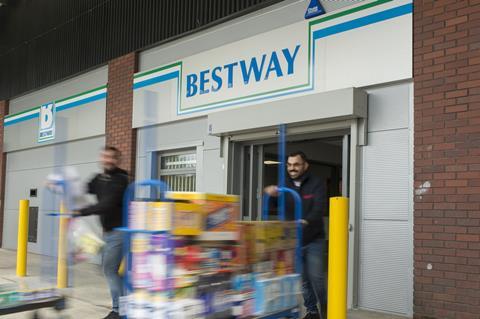
Convenience store owners in 2025 will face significant challenges as they are operating businesses with increasing costs – impacting their profits as well as while seeing consumer expectations evolve and competition intensify.

The rise of digital shopping will require stores to keep pace with technology, investing in e-commerce platforms, mobile apps, and contactless payment methods. However, these upgrades can be costly and resource-intensive, particularly for smaller stores.
Legislation around MUP and alcohol duty will likely see increases in prices, as well as more strict rules around tobacco and vape. Labour shortages and rising wages will compound operational pressures, making it difficult to maintain sufficient staffing while balancing profitability.
Additionally, shifts toward sustainability and health-conscious consumption will demand changes in inventory and business practices. Sourcing eco-friendly products, reducing waste, and offering healthier options can increase costs and complicate supply chains.
Competition from delivery services will also challenge traditional convenience store models, forcing owners to differentiate their offerings and invest in localised or niche strategies. Bestway Wholesale has been working with delivery service, Deliveroo since 2023 providing restaurant partners with access to cheaper everyday essentials. Bestway is focused on bringing a value offer to drive footfall and offset increasing business costs.
Balancing these demands while maintaining affordability and accessibility will be a complex hurdle for many convenience stores.
In 2025, convenience stores can succeed by embracing key trends and innovations that cater to evolving consumer demands. Digital transformation is critical, with opportunities to implement e-commerce, delivery, and apps, ensuring seamless shopping experiences.
Health-conscious consumers will drive demand for better-for-you snacks, chilled and fresh foods, and functional beverages, while fresh grab-and-go meal options can attract busy shoppers seeking quality food solutions.
Sustainability and technology will also play pivotal roles. Stores that adopt eco-friendly practices, like biodegradable and ‘free from’ packaging and local sourcing, will appeal to environmentally conscious customers.
Similarly, integrating EV charging stations and contactless shopping technologies, such as self-checkout or smart shelving, will enhance convenience for customers. Personalisation through data-driven marketing and localised product offerings will further strengthen customer loyalty and drive growth.






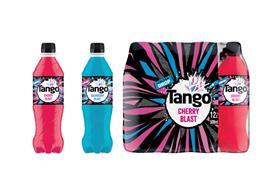

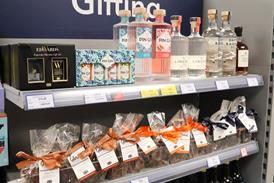

![WG-4003[58]](https://d2dyh47stel7w4.cloudfront.net/Pictures/274x183/4/5/1/353451_wg400358_6083.jpg)





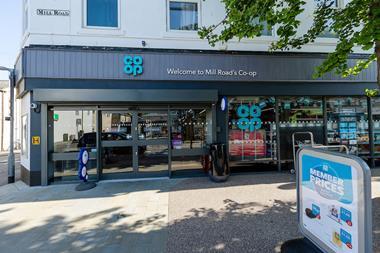

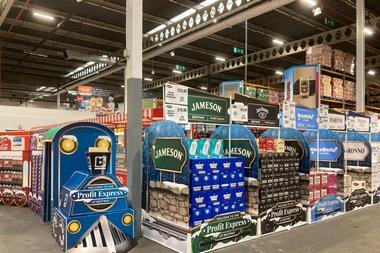
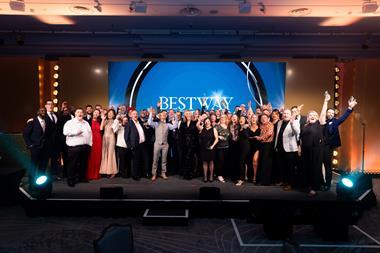



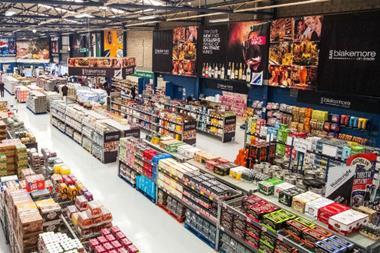




No comments yet